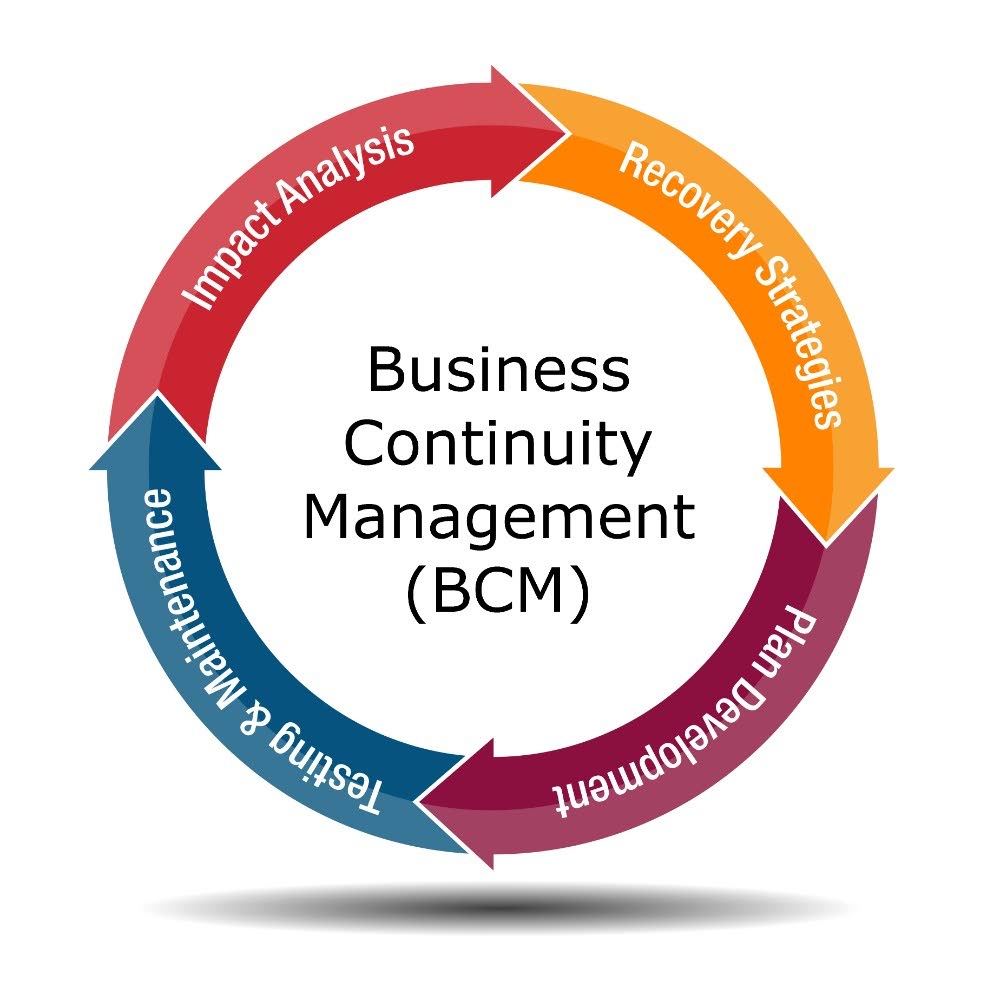Guidance for MSMEs in covid19 recovery efforts

RAKAR WILLIAMS
Recovering from the covid19 pandemic is important for all business operators, and as such this article will provide some guidance for business operators and financial practitioners.
It is imperative for business operators, on the path to recovery, to pay attention to what they are doing and what is being done on a national or global level. In these efforts, financial practitioners have a vibrant role to play in the decision-making process. Attention must be given to the financial and people strategies that organisations are using to respond to this global crisis, because these can have long-term implications. Businesses which are greatly affected must utilise the assistance provided by government, and so, there is the need to look at the effectiveness of government interventions, and how helpful these are to those affected.
During this challenging period, the Jamaica Stock Exchange has developed initiatives to assist micro, small and medium enterprises (MSMEs). It is imperative that members utilise the services provided by these initiatives, and for those who are not members, they can use this time to explore the opportunity of the benefits of registering with the stock exchange.
The Association of Chartered Certified Accountants (ACCA) through its professional insights research and its global reach developed a small and medium-sized enterprises (SMEs) business implications of covid19 document, providing guidelines and advice for SME business owners employing ACCA affiliates and members.
In this information kit, helpful guidance is included for businesspeople to adopt, highlighting a model from the United Arab Emirates government that provides a five-point plan to help the SMEs. These are:
Postponing rent payment for six months
A freeze on loan instalments
Refunding security deposits and guarantees
Excusing fines for companies and individuals
Permitting temporary contracts that allows the free movement of labour between companies operating in the free zones for the rest of the year.
The information kit focuses on three key areas: SME employment, SME finance and SME transformation.
SME employment
Factors to be included in decision-making:
End of service benefit. Paying this out now may be more expensive than keeping the employee longer.
Pending leave and their entitlement. Work out what leave is needed and how much is due to be paid
Option for unpaid leave. Talk to your staff, who may be willing to take unpaid leave until the situation has passed. It will cost you to hire and train good staff later.
Salary reduction. Talk to your employee about possible salary reduction. They may be willing to take a reduction until the situation has passed.
SME finance
Ensure you explore the benefits available to you within the stimulus package offered by the Government and or other stakeholders, and do the following:
Manage cash-flow even more tightly. Run regular cash-flow forecasts to estimate how much money will be coming in and going out. Look at what invoices are due to be paid, credit notes to be refunded and factor in any other recurring income and expenses.
Cut the frills. With drop in revenue, cost-cutting is an effective way to maintain profitability. Look at running a more virtual business.
Service providers switching/negotiating. Review your day-to-day expenses. Ensure you are getting value-for-money in all areas, such as insurance. Look at office supplies and stationeries being bought that are not needed.
Think about areas that are open for negotiation, such as rent payments, medical insurance renewal, business and vehicle insurance, bank charges, vehicle costs, and alternative platform providers.
Unless you are genuinely overstaffed, downsizing your headcount should be a last resort initiative. Laying off people can have negative impact on morale and customer service, plus you will need to pay end of service packages. Instead of letting go staff, business operators should consider alternative options, such as reducing pay or unpaid leave. Engage the team, ask for saving ideas, you might find they have some great ideas.
SME transformation
In adapting your business, consider the business continuity management plan, by taking the time to review or draft your business continuity management (BCM) plan. BCM refers to building the entity’s capability to continue performing essential functions and services (at a minimum) in and after an emergency, crisis or disaster that could have resulted in a business disruption.
Another tip is capitalising on digital opportunities, by learning how to harness the power of digital to engage and influence customers and rethinking your business and marketing efforts.
Focus your efforts and take a strategic approach to your activities. Consider asking customers what they need and how to help them going forward. This may help you to use your skill set in new markets you had not considered before.
The covid19 pandemic affects everyone, but some are more greatly affected than others. Businesses must make wise decisions to help in the recovery process. This is not the time to be penny wise and pound foolish, so proper assessment and informed decisions should be made. We can get through this crisis as we engage our staff and clients in frank discussions, thus making changes that are sustainable instead of haphazard ones, which could eventually result in being more costly.
Rakar Williams, FCCA, FCA, JP is a chartered accountant with doctorates in business administration and ministry, coupled with over 22 years’ experience in leadership and management of leading organisations in Jamaica. He is the secretary for the local chapter of the ACCA, member of the Public Sector Committee and the Audit Practices Committee of the ICAJ, and the financial controller for Mayberry Investments Limited.
(Content courtesy ACCA)


Comments
"Guidance for MSMEs in covid19 recovery efforts"